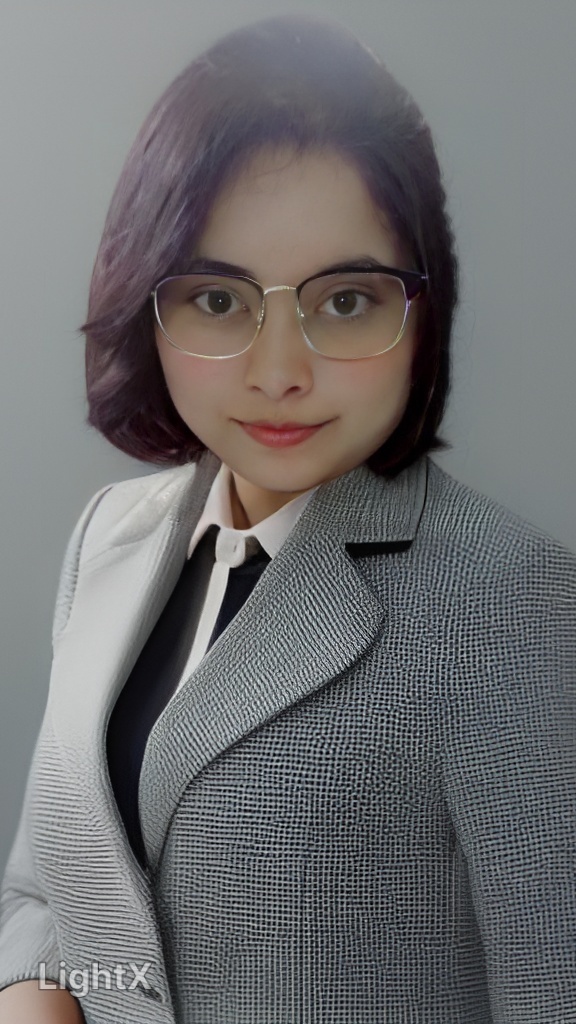Series overview and structure
 Kritisha Panda
Kritisha PandaWelcome to an exciting journey into the world of transformers and generative large language models. Before we dive into the technical depths, let’s take a moment to explore the structure of this series, ensuring you maximize your learning experience.
Series Structure
This course is thoughtfully divided into five comprehensive parts, each building on the knowledge gained in the previous sections. This structured approach is designed to guide you from foundational concepts to advanced applications seamlessly.
Theoretical Foundations
The initial three sections focus on theoretical lessons. These are crafted to be concise, yet rich with examples, making complex ideas accessible and easy to grasp. For beginners, these sections are essential to understanding how to effectively use and create transformer models. Even seasoned NLP practitioners will find value in revisiting these lessons, as they may uncover new insights and challenge existing assumptions.
Hands-On Practice
For those eager to get hands-on with coding and applying transformers and large language models to solve real-world problems, section five is your starting point. Here, you'll learn about the three types of transformers and how to select the most suitable one for various challenges. The subsequent sections will guide you through practical code implementations for real-life applications.
Coding Environment
You have flexibility in choosing your coding environment. While the code demonstrations are conducted in Visual Studio Code, each article with a practical lesson includes links to Colab notebooks with pre-prepared code, allowing you to run them directly in your browser. Python source files are also available for download. I’ll also include links to model weights on the Hugging Face Model Hub.
Recommendations for Practical Lessons
Code Along: Engage actively by coding alongside the lessons. If the pace is too fast, feel free to slow down or pause to ensure you fully understand each step.
Top-Down Approach: If you have a specific problem in mind that can be addressed using transformers and large language models, start with the provided code and adapt it to your needs. This hands-on approach is one of the most effective ways to deepen your understanding and apply what you’ve learned.
Getting Started
In the next article, I’ll walk through setting up your environment efficiently. Thank you for embarking on this educational journey. I look forward to guiding you through the fascinating world of transformers and large language models. See you in the next article!
Subscribe to my newsletter
Read articles from Kritisha Panda directly inside your inbox. Subscribe to the newsletter, and don't miss out.
Written by

Kritisha Panda
Kritisha Panda
🌟 Background & Passion: With a background in Data Science and Natural Language Processing, I've always been fascinated by the power of programming to solve real-world problems. My journey into the world of Python began in college days when I first took a course in Python. Ever since, I've been passionately exploring the endless possibilities that Python offers. 🔍 What I Do: By day, I'm a freelance Data Scientist. By night, I turn into a Python explorer, delving into new libraries, and frameworks, and constantly updating my blog to share my learnings and experiences. ✍️ My Blog's Mission: Code and Query is more than just a blog; it's a platform where I aim to simplify Python programming and Data Science/Machine Learning concepts for beginners and enthusiasts alike. From basic concepts to advanced techniques, I strive to make my posts as clear, comprehensive, and engaging as possible. My goal is to help you not just understand data, but also appreciate its elegance and efficiency and derive trends and insights. 🌐 Beyond Python: When I'm not coding or writing, you'll find me writing poetries or reading philosophy. I believe in a balanced life, where passions outside of work fuel creativity and new ideas within my professional sphere. 💬 Let's Connect: I love connecting with fellow Python enthusiasts and tech lovers. Feel free to reach out to me on kritishapanda75@gmail.com or other social media handles on my profile. Whether it’s feedback, ideas, or just a chat about technology, I'm all ears!